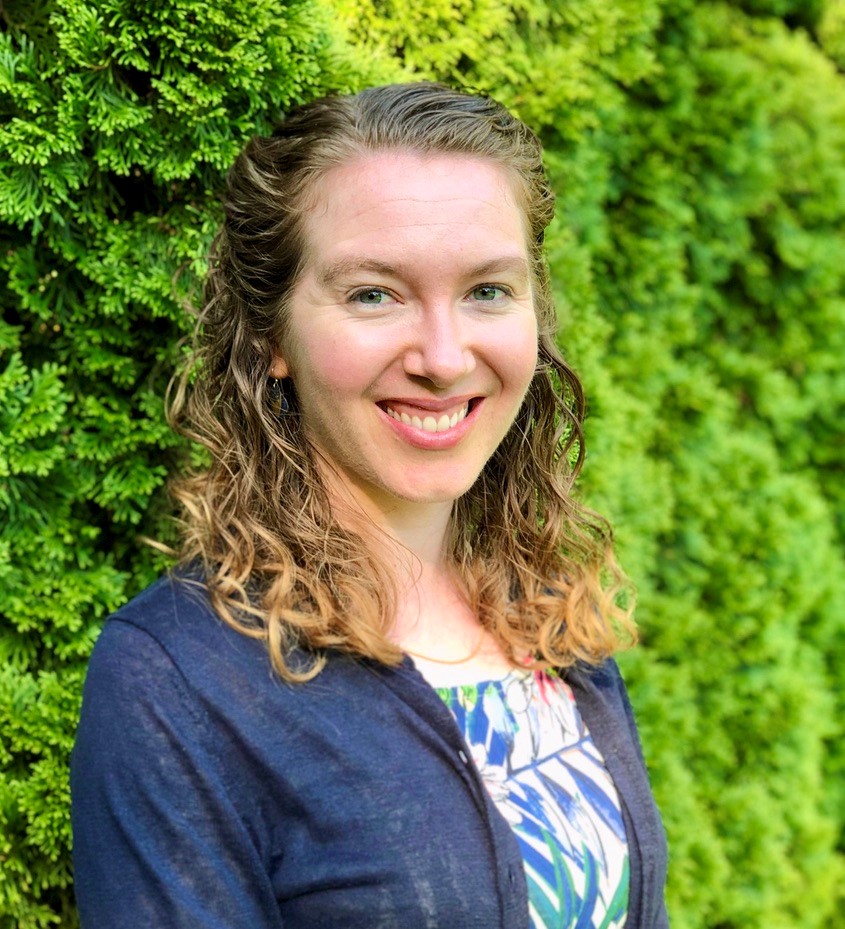
Project:
Intentional and Unintentional Misunderstandings: How goal ambiguity and trade-off between needs inform social compliance across development and neurodiversity
Laboratories:
Laura Schulz, Ph.D., Tomer D. Ullman, Ph.D.
Biographical Information:
Sophie received a BA in Cognitive Science from the University of California, Berkeley, where she first became interested in questions about the development of social reasoning. After working with Alison Gopnik as her lab manager at UC Berkeley, Sophie pursued a PhD at Stanford University with Hyowon Gweon. For her thesis work, she used developmental and computational methods to study the social-cognitive mechanisms that support prosocial decision-making in early childhood. In her post-doctoral work with Laura Schulz and Tomer Ullman, Sophie is deepening her computational skills to better understand social reasoning, decision-making, and communication both in adults and children, as well as in neuro-diverse populations.
Current Work:
Figuring out the desires of others is a crucial, yet complicated act of interpretation. Even seemingly straight-forward requests like “Can you pass the salt?” can have different possible interpretations (Do you want me to hand the salt to you or am I physically able to pass it?). What’s more, our goals and desires factor into how we interpret others’ ambiguous messages: If I don’t want to pass the salt, I might choose to interpret the question in an unintended way. Misunderstandings and social conflicts crop up when we have the wrong space of possible interpretations, or when the most likely interpretation conflicts with our personal goals. Neurotypical children and individuals with autism may find these contexts particularly demanding; they may more often find themselves in situations where others perceive them as non-compliant or unhelpful when in reality, they parsed the under-specification of someone’s request differently than what was expected. My project aims to better understand how we reason about other people’s goals and trade-off between our own and others’ needs to decide whether or how to comply with others’ requests. The insights derived from the computational models and experiments in this research will provide a more detailed picture of the factors that inform social decision making and when and why misunderstandings arise across development and neuro-diverse populations.
Publications:
- Bridgers, S., Jara-Ettinger, J., & Gweon, H. (2020). Young children consider the expected utility of others’ learning to decide what to teach. Nature Human Behaviour, 4(2), 144-152.
- Bridgers, S., & Gweon, H. (2018). Means-Inference as a source of variability in early helping. Frontiers in psychology, 9, 1735.
Keywords: pragmatics, social reasoning and decision-making, development, computational models
